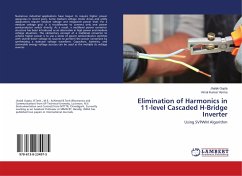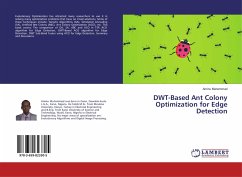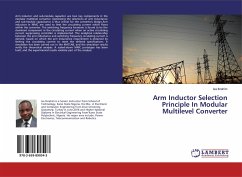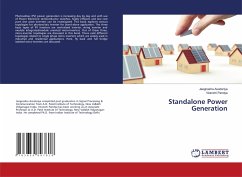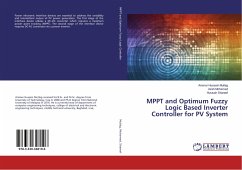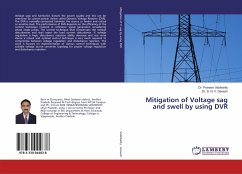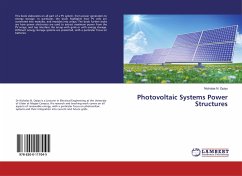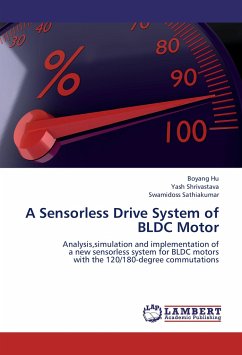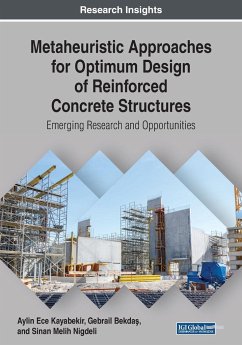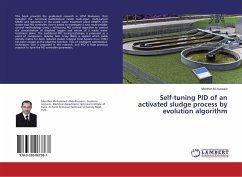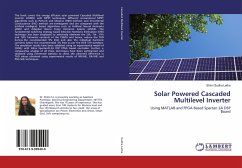
Solar Powered Cascaded Multilevel Inverter
Using MATLAB and FPGA Based Spartan 3A DSP Board
Versandkostenfrei!
Versandfertig in 6-10 Tagen
58,99 €
inkl. MwSt.

PAYBACK Punkte
29 °P sammeln!
This book covers the energy efficient solar powered Cascaded Multilevel Inverter (CHMLI) with MPPT techniques. Different conventional MPPT algorithms such as Perturb and Observe (P&O) method, and Incremental Conductance (INC) method are investigated and are compared with the artificial intelligent based algorithms such as Artificial Neural Networks (ANN) and Adaptive Neuro Fuzzy Inference System (ANFIS). The fundamental switching strategy based Selective Harmonic Elimination (SHE) technique has been employed to selectively eliminate the 5th, 7th ,11th and 13th harmonic contents of the CHMLI an...
This book covers the energy efficient solar powered Cascaded Multilevel Inverter (CHMLI) with MPPT techniques. Different conventional MPPT algorithms such as Perturb and Observe (P&O) method, and Incremental Conductance (INC) method are investigated and are compared with the artificial intelligent based algorithms such as Artificial Neural Networks (ANN) and Adaptive Neuro Fuzzy Inference System (ANFIS). The fundamental switching strategy based Selective Harmonic Elimination (SHE) technique has been employed to selectively eliminate the 5th, 7th ,11th and 13th harmonic contents of the CHMLI and hence, reduce the THD below the recommended 5% limit and also the individual harmonic contents below the recommended 3% limit as per the IEEE 519 standard. The simulation results have been validated using an experimental model of CHMLI with Xilinx Spartan®-3A DSP FPGA based controller. Further, a comparative analysis of all these techniques have been summarized and validated using inferential statistics to check the observed difference in THD values obtained using experimental results of NR-SHE, GA-SHE and PSO-SHE techniques.



